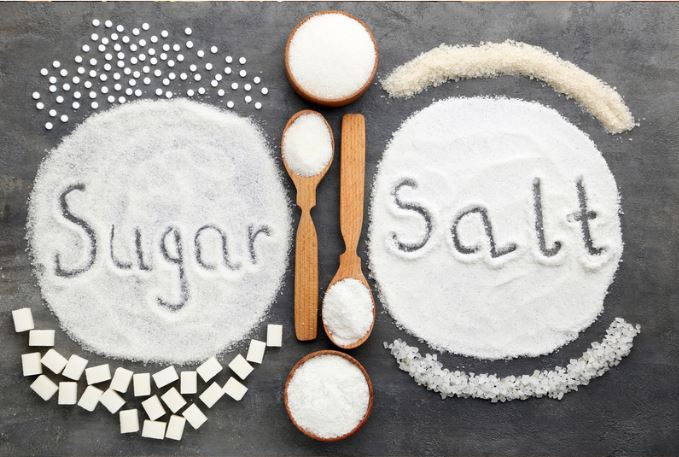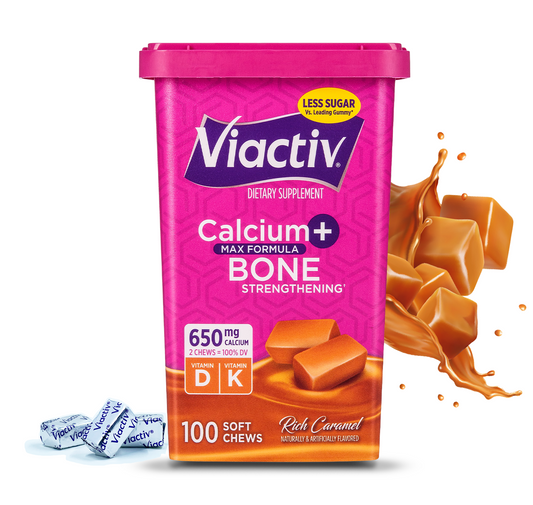Key Takeaways:
- What Foods are Best to Support Your Immune System
- Understanding why Limiting Salt and Sugar Support Your Immune System
- How Much Salt is Too Much?
- How Much Sugar is Too Much?
- Other Healthy Habits to Support Your Immune System
Eating healthy foods is a crucial part of maintaining a strong and healthy immune system. With winter weather pushing us to spend more time indoors, it’s a reminder to ensure that we are taking good care of our bodies and providing them with the necessary nutrients to support activities from back-to-school events to preparing for the holidays ahead. One of the most important things to keep in mind when it comes to eating for immune health is to focus on whole, nutrient-dense foods. This means incorporating a variety of fruits, vegetables, whole grains, lean proteins, and healthy fats into your diet. These foods are rich in vitamins, minerals, and antioxidants that help to support the immune system and keep it functioning optimally.
Some specific foods that are particularly beneficial for boosting your immune system include citrus fruits like oranges and grapefruits, which are high in Vitamin C, a powerful antioxidant. Berries, leafy greens, along with nuts and seeds are also great sources of antioxidants that support the immune system. In addition to eating a variety of whole foods, it is also important to pay attention to the quality of the foods you are consuming. This ensures that you are getting the highest quality nutrients without any harmful additives.

Another important factor to consider when it comes to eating for immune health is to focus on foods that are not highly processed, or that contain large amounts of sugar or salt. In a 2016 study, 6 healthy men consumed 12 grams of salt per day for 50 days, then slowly decreased their intakes to 9 grams and 6 grams for two more 50 day intervals, then finalized the study by increasing salt intake to 12 grams daily for 30 days. This study showed that the high salt intake impaired normal immune function and promoted irregular cellular inflammation.
To put this into perspective the US Food and Drug Administration’s Recommended Daily Value for salt is 2.3 grams daily, that’s 1 teaspoon a day. The average American Diet is approximately 3.4 grams daily. One hamburger and french fries from a popular national chain is 1.0gram of salt in a single meal.
Being mindful to minimize sugar in your diet is also important. Since as early as the 1970s, researchers have been investigating sugar and its effect on the Immune System. One study in which participants were fed different forms of sugar found that the effectiveness of white blood cells - our immune cells which fight infection - decreased up to 50% after 1-2 hours of eating sugar, lasting up to five hours! Yikes.

How much sugar is too much? The World Health Organization recommends 25 grams of added sugar daily. To give you an idea of how much that is here a few comparisons:
- One can of soda has about 40 grams of sugar
- A low-fat, sweetened yogurt can have 47 grams of sugar
- A cupcake has about 46 grams of sugar
- Sports drinks can contain about 35 grams of sugar
Finally, it is important to remember that a healthy diet is just one piece of the puzzle when it comes to supporting the immune system. Getting enough sleep, managing stress, and staying active are all important components of overall health and wellness. By taking a holistic approach to your health, you can ensure that your body is in the best possible position to stay healthy.
Resources:
The Warren Alpert Medical School | Brown University
National Institute of Health Library of Medicine
U.S. Food and Drug Administration: Sodium in Your Diet
Website: VeryWellFit
CNET Wellness and Nutrition
AGES: WHO Sugar Recommendations
Last Updated On: January 25, 2024
First Published On: January 25, 2024





